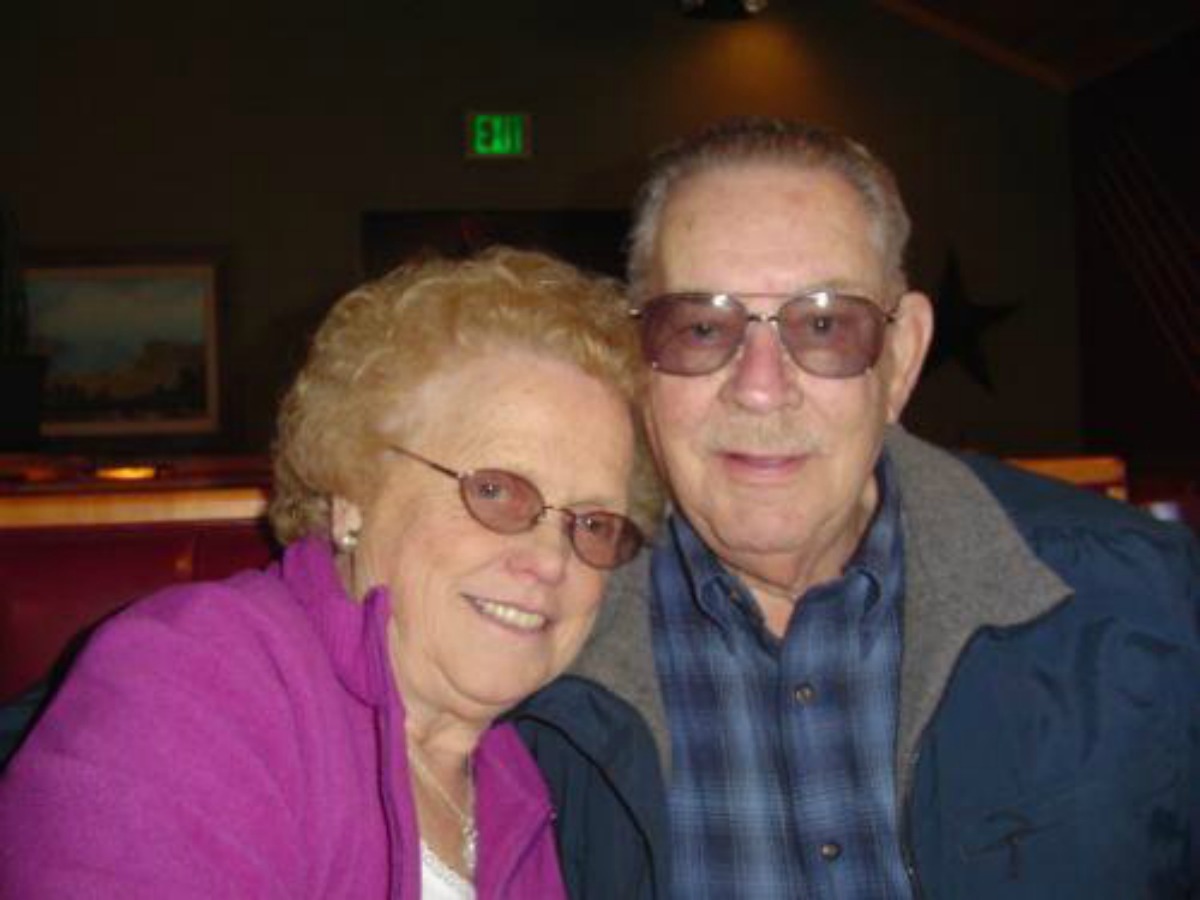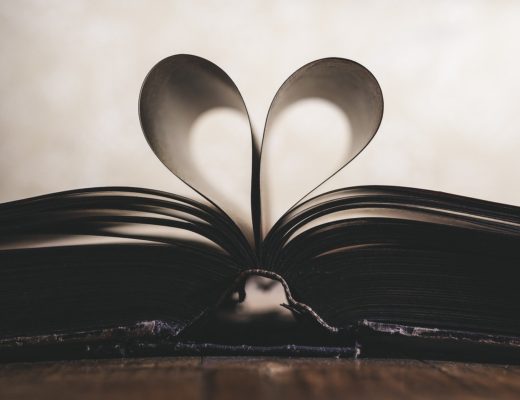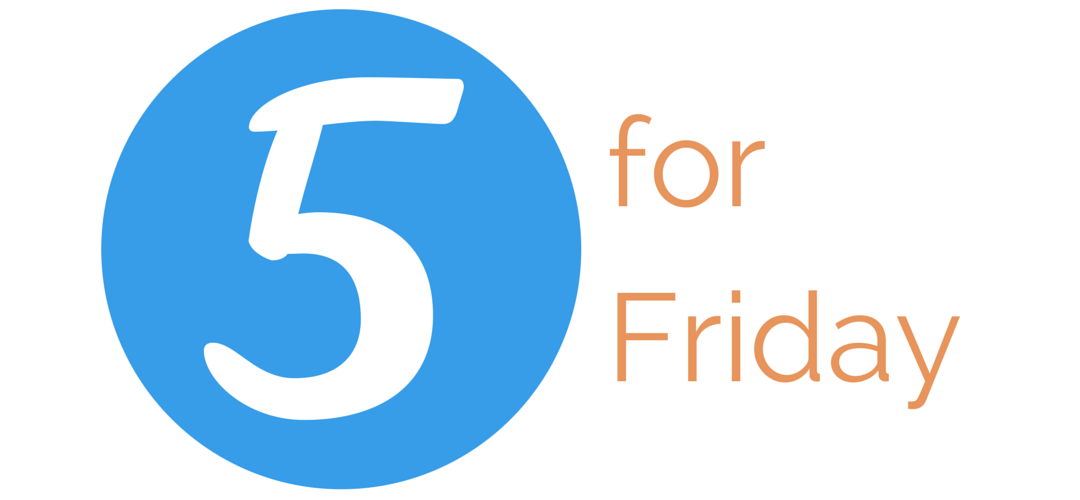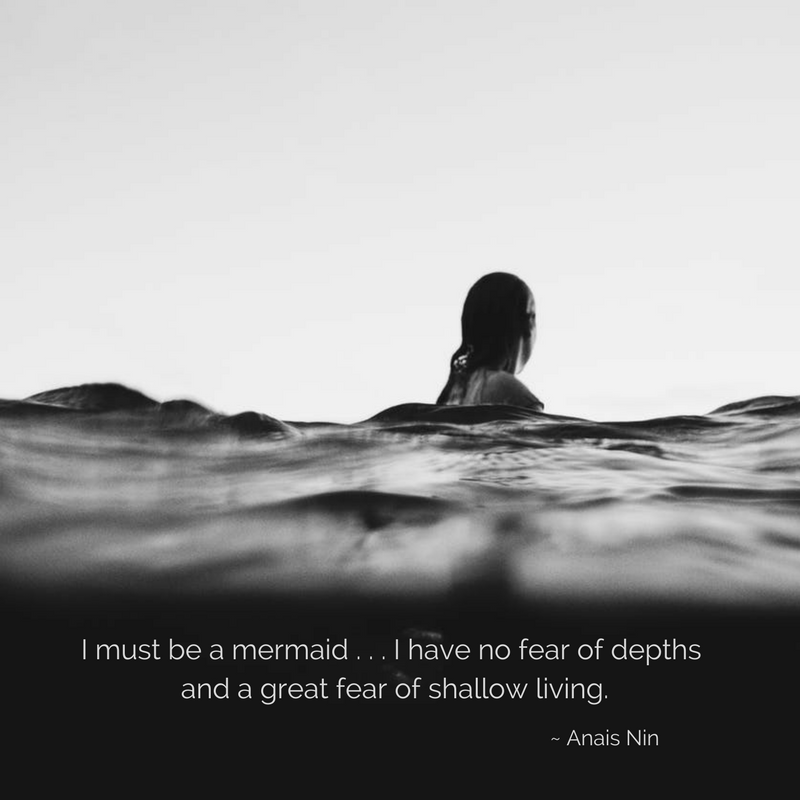Of all the souls in heaven, the two I miss the most are those you see pictured above: my mom and dad. It makes me happy to know they’re in the same place now, but I’m still sad they aren’t here with my sister and brother and me. No matter how old you are, or how realistic you are, I think there’s a tiny part of our human brains that doesn’t really believe the people we love and rely on are actually going to die. But then they do.
I remember, as a 20-something person, wondering when I was going to feel like a grownup. Any time my parents came for a visit, I couldn’t help reacting to their departure with a measure of panic–a very mild version of what I felt when they left me at summer camp, or when I left home for college. In spite of the fact that my parents were not warm and fuzzy people, I never doubted that they loved me and would be there for me if I needed them. But I also knew they expected me not to need them very much–to be strong enough to live my own life.
That fortitude is what I’ve been trying to draw on since my mom passed away. And, in some respects, I think these last five months have been the part of my life that everything else was preparing me for: I’m finally all grown up. So today, in honor of All Souls’ Day, I’m going to focus on a few things I learned about being a grownup, thanks to my parents.
You have to build your own family. The night before Mike and I got married, my parents sat us down and gave us their best marital advice. One thing my father said was “You two need to build your own family.” My dad had spent over 20 years in the military, so he and my mom had lived far from their own families throughout their marriage. They wound up choosing to buy a house in Idaho, which was nowhere near either set of their relatives in the Midwest. Mike and I, too, have spent most of our adult lives living at a great distance from any relatives, though this was mostly a matter of necessity–we went to graduate school and found jobs in places that weren’t close to our families. But after a while, that became a matter of choice. We liked the way our little family operated as a four-person team. Now our children are grown and the four of us are a very close-knit unit, and that’s mostly because we’ve learned to rely on each other.
That family will include people who aren’t your relatives. American culture is built around the myth of the rugged individualist, the person who takes care of him- or herself and doesn’t ask anyone for anything. But the truth of history is that people who lived all alone usually didn’t survive. There was no one to bring them soup when an influenza epidemic swept through the area. No one to make sure they had enough food to get through a lean time. Individualism is a romantic idea, but it’s really dangerous–and that’s why you need to build a network of people you can rely on to check up on you, help you out (sometimes without even being asked), and just be present in difficult times. If you don’t live near relatives, that network becomes particularly essential. But even if you do, friends and neighbors are sometimes able to step up for you in ways your relatives can’t.
No matter how big your network is, you can’t expect anyone to bail you out. When I was a teenager, my father told me more than once “If you ever get yourself in jail, you can just sit there until they’re ready to let you go. Don’t be calling me, because I won’t come get you.” (At the time, I had no doubt that this was true. In retrospect, I’m pretty sure he would have come and picked me up. Although I would have been really, really sorry to see him.) What I learned from that statement was to be prepared to face the consequences of my own choices, whatever they might be. If you get a flat tire, you can’t count on someone to show up and fix it for you–this is why you have a network, but still. If you aren’t prepared to deal with a flat tire on your own, then maybe you don’t take a drive on a dark and rainy night. Anytime someone seems surprised by the logical consequence of a decision they’ve made, I say a little prayer of thanks to my dad for teaching me to think things through.
Reach out. My mom was one of those people who’d talk to any stranger she met at the grocery store. Or at the airport. Or waiting in line to vote. She was absolutely not an introvert–and I am very much my father’s child, in this respect. But she always explained herself by saying “What if I was the only person who talked to that individual all day long–did you ever think about that?” My mom was also one of those people who cared for the elderly and shut-in members of her church congregation. She baked birthday cakes (or, in one case, birthday pies), ran errands, gave people rides to church services and meetings. My mom is the reason I look outside my deeply introverted self and offer to help a disabled person reach the top shelf at the grocery store. She’s the reason I’m planning to make a birthday cake for my next-door neighbor, who just had his second open-heart surgery in less than a year. She is the reason I try to let others know that I’m willing to be part of their network, if they need an extra pair of hands, in spite of the fact that I’d really rather sit home and read a book. Whenever I’m tempted to do that, I hear my mom saying, “Maybe what you want isn’t the most important thing.”
I can’t say I’ve enjoyed these past few months of grownup life, but I can say that I was ready for them. My parents made sure of that.





No Comments